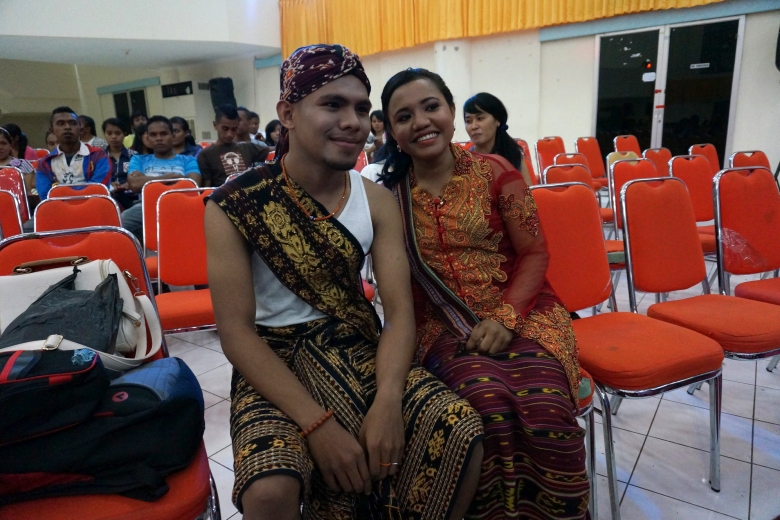During my 18 years at AFSC, I worked as both program director and supervisor of the North East Regional Office. My work generally fell under the category of community empowerment work. I had gone to a Quaker boarding school for high school and then later was a student in the peace studies program at Earhlam College, I was not new to Quakerism and the work Quakers did. A particular person that stood out to me as having a significant influence was a woman Denise who was one of the many individuals I had supervised.
Denise was Passamaquoddy born on the reservation in Maine and was working with me on the Wabanaki Program. This was a native American confederation that was made up of four different native American groups, the Micmac, the Maliscet, the Penobscot, and the Passamaquoddy. This was before the Indian Claims Act that gave more tribal lands to members of these groups, and at the time it was not as formerly recognized as it is now. Denise was Passamaquoddy born. She grew up in a relatively large family and at a young age she and her sisters were taken away from the reservation and put into foster care. The family they were placed with were incredibly abusive and shamed her about her native American heritage. When she was ultimately able to return to the reservation, Denise began to use her experiences in the foster care system to bring light to how damaging this was to her sense of pride in her culture. Denise decided to tell her story on tape about the internalized racism she had experienced and how large the impact of her removal from her community had had on her. This helped social workers to understand the impact of this type of removal and ultimately led to the Indian Child Welfare act which demanded that if a child needed to be removed from their home and they were native American, the state had to make every effort to place them with a native American family as to maintain a link to their heritage. If they were to be placed with a family outside the community it had to be with one that was willing to maintain that link with the community. While Denise’s story is one of growth it is vital that the pain she went through be acknowledged and the strength it took for her to speak out against the system. Her bravery and commitment to the cause allowed other children in her community and others to remain connected to their heritage.


